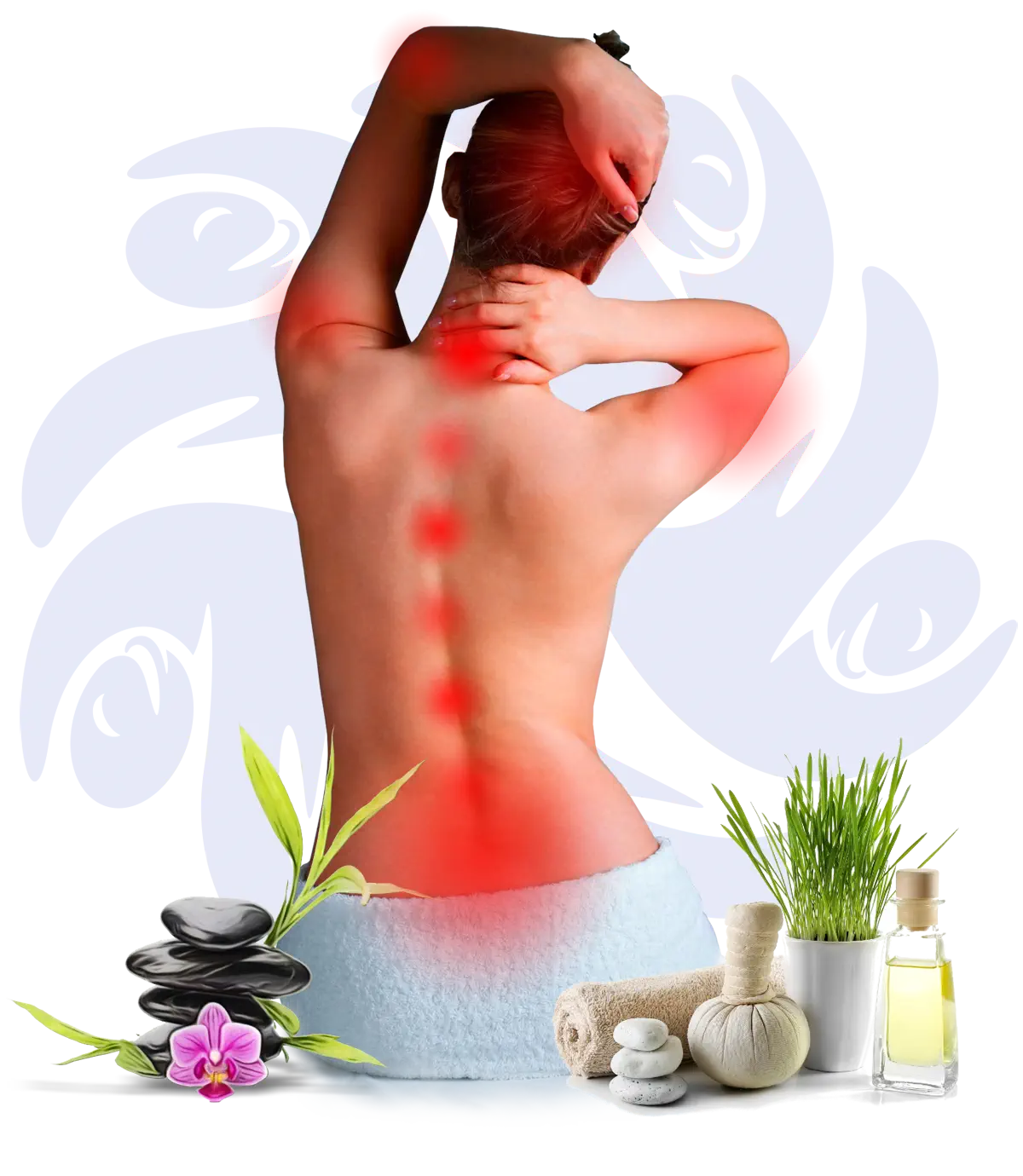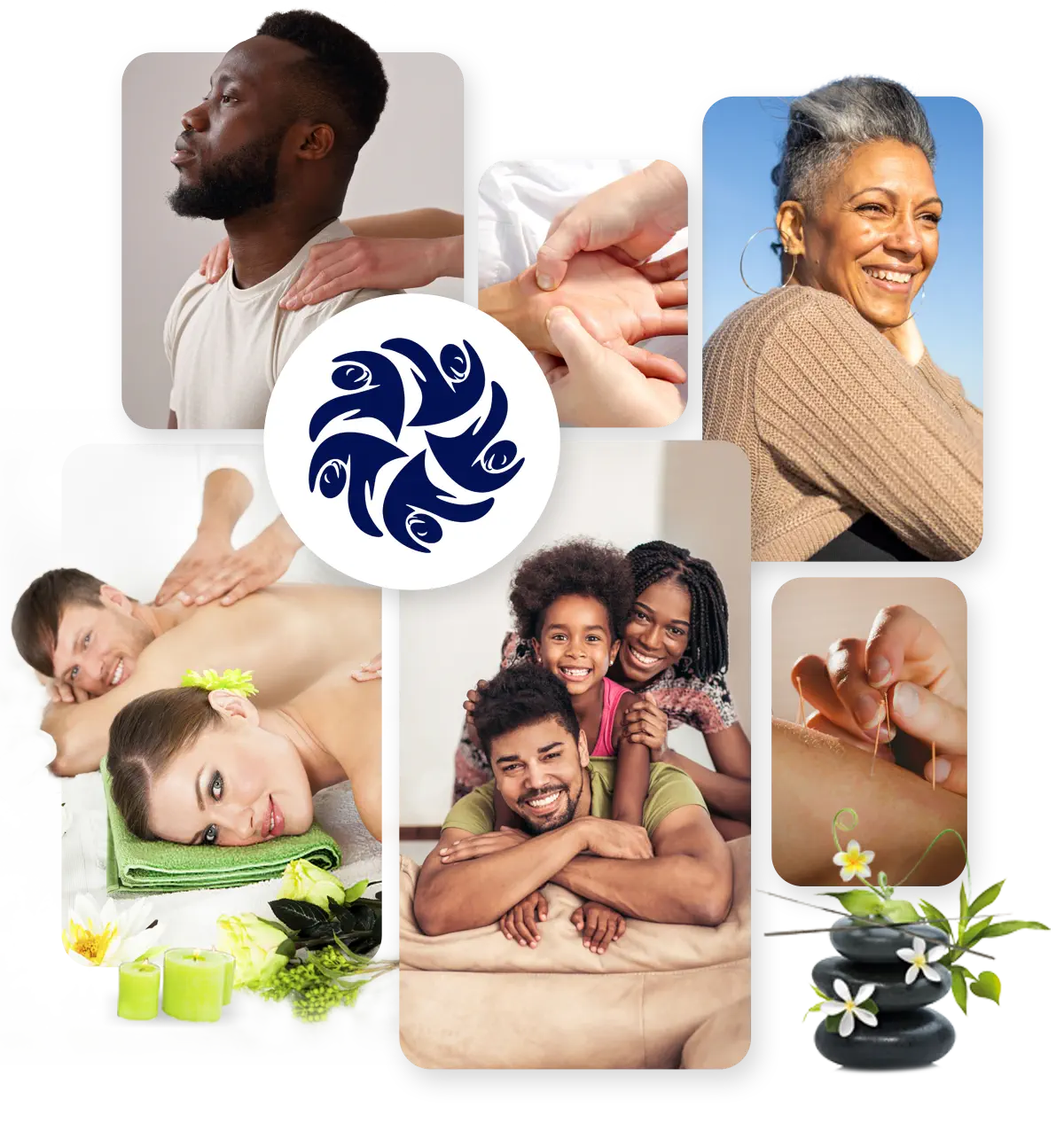Introduction
Post-COVID conditions, commonly referred to as “long COVID,” encompass a range of symptoms that persist for weeks or months after the acute phase of COVID-19 has resolved. These symptoms can include fatigue, cognitive dysfunction, respiratory issues, and musculoskeletal pain, significantly affecting the quality of life of survivors. As awareness of long COVID grows, many individuals are seeking complementary and alternative medicine (CAM) therapies to alleviate symptoms and improve overall well-being. This summary reviews recent research from the past five years on various CAM approaches, including acupuncture, herbal medicine, nutritional interventions, mind-body practices, and exercise therapies, for managing post-COVID conditions.
Acupuncture
Acupuncture has emerged as a potential therapeutic approach for managing post-COVID symptoms. A systematic review published in
The Journal of Alternative and Complementary Medicine in 2023 evaluated the efficacy of acupuncture in treating long COVID symptoms. The review included several randomized controlled trials that indicated acupuncture significantly improved fatigue, pain, and respiratory function in post-COVID patients. The authors suggested that acupuncture may help regulate the immune response and improve circulation, which could facilitate recovery from long COVID.
Herbal Medicine
Herbal medicine is another area of interest for addressing post-COVID conditions. A study published in
Frontiers in Pharmacology in 2022 explored the effects of traditional herbal remedies on COVID-19 recovery and long COVID symptoms. The study highlighted specific herbs, such as ginger (Zingiber officinale) and ginseng (Panax ginseng), known for their anti-inflammatory and immune-boosting properties. Participants who incorporated these herbs into their recovery regimen reported reduced fatigue and improved respiratory function. However, the authors emphasized the need for further clinical trials to establish safety and efficacy.
Nutritional Interventions
Nutrition plays a crucial role in recovery from illness, and dietary modifications can support individuals experiencing post-COVID symptoms. A study published in
Nutrients in 2021 assessed the impact of dietary patterns on recovery outcomes in COVID-19 survivors. The findings indicated that adherence to a nutrient-dense diet, rich in antioxidants, vitamins, and minerals, was associated with improved energy levels and reduced inflammation. The authors concluded that a balanced diet could enhance recovery and support the immune system in post-COVID patients.
Mind-Body Practices
Mind-body practices, including yoga and mindfulness meditation, have been explored for their effects on post-COVID recovery. A randomized controlled trial published in
BMC Complementary Medicine and Therapies in 2023 investigated the benefits of a structured yoga program for individuals with long COVID. The study found that participants who practiced yoga reported significant improvements in physical function, mental well-being, and overall quality of life compared to a control group. The authors suggested that mind-body practices could alleviate stress and promote emotional resilience during recovery.
Physical Exercise
Exercise therapy has been recognized as a vital component of recovery from post-COVID conditions. A meta-analysis published in
The British Journal of Sports Medicine in 2022 evaluated the effects of physical rehabilitation on long COVID symptoms. The analysis revealed that supervised exercise programs significantly improved physical endurance, lung function, and overall quality of life in post-COVID patients. The authors emphasized the importance of tailored exercise regimens to accommodate the individual needs and capabilities of each patient during recovery.
Cognitive Rehabilitation
Cognitive rehabilitation is essential for individuals experiencing cognitive deficits post-COVID. A study published in
Neuropsychological Rehabilitation in 2021 examined the effects of cognitive training on cognitive function in COVID-19 survivors. The findings indicated that participants who engaged in structured cognitive rehabilitation showed significant improvements in memory and executive function compared to those who received standard care. The authors concluded that cognitive rehabilitation could enhance recovery and improve quality of life for individuals with cognitive impairments following COVID-19.
Conclusion
Recent research highlights the potential of complementary and alternative medicine approaches in managing post-COVID conditions and supporting recovery for affected individuals. Acupuncture, herbal medicine, nutritional interventions, mind-body practices, exercise therapy, and cognitive rehabilitation have all shown promise in alleviating symptoms and improving overall well-being in post-COVID patients. As the body of evidence continues to grow, healthcare providers and patients may consider integrating these holistic approaches into comprehensive treatment plans to promote recovery and improve quality of life after COVID-19.
References
- Lee, J. H., et al. (2023). Acupuncture for post-COVID symptoms: A systematic review. The Journal of Alternative and Complementary Medicine, 29(3), 199-207.
- Zhang, H., et al. (2022). The effects of traditional herbal medicine on post-COVID symptoms: A systematic review. Frontiers in Pharmacology, 13, 812190.
- Pizarro, A. M., et al. (2021). Nutritional interventions and recovery from COVID-19: A review of dietary patterns. Nutrients, 13(9), 3072.
- Williams, K., et al. (2023). Yoga for long COVID: A randomized controlled trial. BMC Complementary Medicine and Therapies, 23(1), 45.
- McGowan, M., et al. (2022). Physical rehabilitation for long COVID: A meta-analysis. British Journal of Sports Medicine, 56(9), 507-515.
- Fisher, M., et al. (2021). Cognitive rehabilitation for COVID-19 survivors: A randomized controlled trial. Neuropsychological Rehabilitation, 31(6), 903-919.


